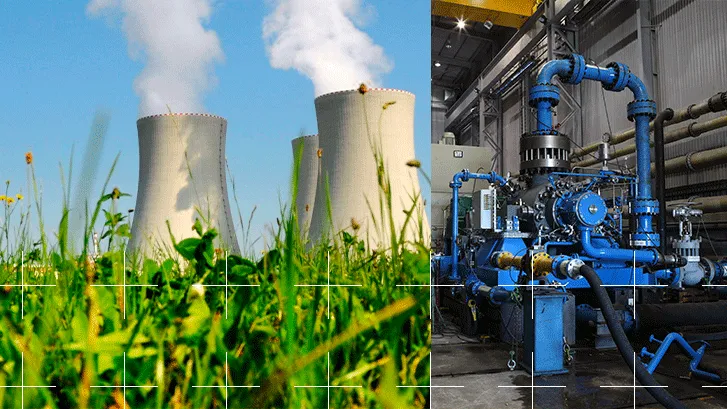
Enhance the reliability of boiler-feed pumps for flexible thermal power generation
It’s no secret that renewable energy's variety and unpredictable nature is putting pressure on the grid.
Electricity demand in APAC is growing by 6% yearly – one of the fastest rates in the world. And the Association of Southeast Asian Nations wants to get 23% of its power from renewables by 2025, up from 9% in 2019.
As it stands, power plants are typically designed for base load and they are walking a flimsy tightrope. Different types of renewable energy place varying demands on power plants due to flexible generation requirements. The load is subject to fluctuation, and if renewable energy dips, conventional power plants must compensate to meet the demand. Such an extreme fluctuation in load can damage the plant, equipment, and materials. Most importantly, energy loss can occur as plants aren’t designed to run at such variable loads.
There are more problems with plants that are built at a lower cost and simply not reliable long-term. Coupled with equipment and materials that aren’t well designed or optimized, this can point to a bumpy road ahead for renewable energy integration.
Flexible and efficient thermal power generation will continue to play a critical role in the energy ecosystem. It will also provide reliable back-up power that complements plants generating renewable energy. Thermal is needed to support both the peaks and the shortfalls in renewables and mitigate frequency issues.
But the viability of flexible thermal power generation requires a deep understanding of a power plant’s current condition – and a strategy for mitigating the issues associated with an energy system overhaul.
Flexible thermal power generation: Not without its risks
To achieve flexible thermal power generation – without damaging vital plant components – plants will need to make operational improvements to existing turbines to help them respond to demand quickly and more reliably, while reducing startup fuel costs.
Some enhancements can be made to ramp up combustion versatility, making your turbines more robust in any weather, fuel, and grid variations. This will give them the ability to operate at different plant loads reliably and efficiently.
Flexible operation poses risks to existing boiler feed pumps in coal power plants, increasing the probability of wear and tear and energy losses. The emphasis is largely placed on turbines when it comes to meeting flexible power generation requirements, with the needs of the pumps often being neglected. However, upgrades and modifications are required to enable the pumps to manage all the fluctuation risks.
For example, at a coal-fired power plant that has implemented flexible operation, frequent stops and starts can cause damage to a boiler feed pump’s shaft, thrust disk, impeller, and diffuser. The pump is also at risk of low flow cavitation at the suction impeller and flow-accelerated corrosion at high-velocity areas of the casing.
Preparing boiler feed pumps for flexible thermal power generation
Boiler feed pumps are critical components in power generation plants. Plants can’t afford to lose their productivity and output due to flexible thermal power generation requirements imposed by the grid.
The solution lies in a thorough pump energy audit. This will help power plants to get to the root of the issues, even before they arise – by assessing the reliability-maintenance of the pump, looking for temperature and vibration basic data trend analysis.
Then the power plants can look at possible re-rate solutions, such as de-staging, or a new hydraulic to meet real operating conditions. An efficient speed variation system – changing from fixed speed to variable speed – can also help to quantify energy saving and emissions reduction for the plant.
Power plants need their boiler feed pumps to be at optimal efficiency. And the key to reducing costs, protecting the longevity of equipment and materials, and adapting to flexible thermal power generation demands lies in properly preparing plant components. It’s also worth mentioning that energy optimization of pumps and turbines can translate into fewer CO2 emissions and lower carbon taxes.
Avoid asset and profit loss with proactive maintenance
Older plant assets – boiler feed pumps that are nearing 20 or even 30 years old – can become a severe liability for plants looking to meet grid and flexible operation requirements. Boiler feed pumps diminish in efficiency and output power capacity as they age.
That means energy decision-makers must reassess their existing boiler feed pump assets and carry out any work necessary to ensure they can meet the demands of flexible thermal power generation. Failure to do so puts them at risk of losing out on profit and productivity.
Sulzer is a global leader in pump engineering. We bring nearly two centuries of engineering heritage and experience in the power industry. Our equipment installation and maintenance services, coupled with continuous investment in pump engineering R&D, help facilities across the globe become leaders in reliability and efficiency for their pumps. To date, Sulzer has retrofitted more than hundreds of boiler feed pumps worldwide.
We look forward to continuing to help our partners around the world fortify their plant’s critical rotating equipment assets to cope with the demands of flexible power generation.
Contact:
Florent Ralu | Head of Engineering, APAC | Sulzer Services
Email: [email protected]
Contact: +61 447 831 093

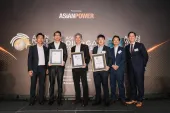
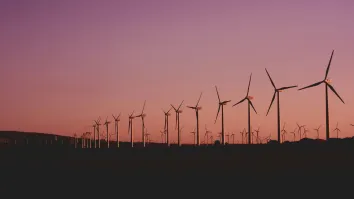

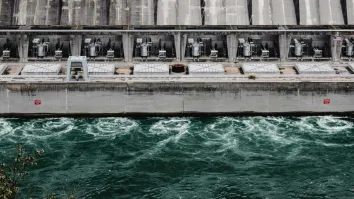
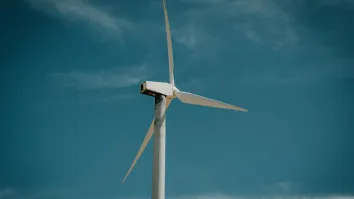
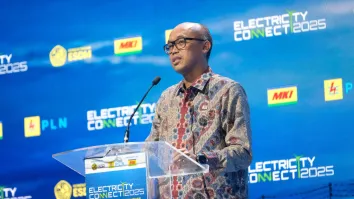
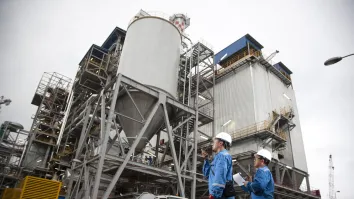
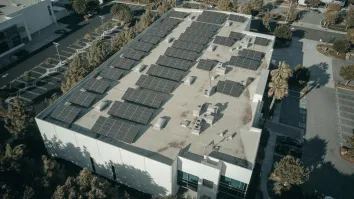

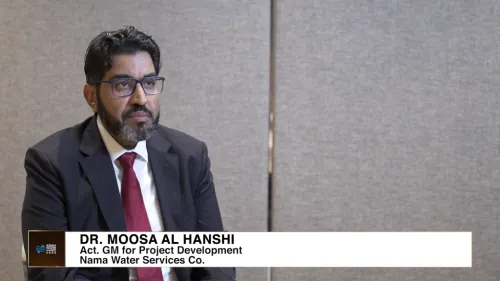

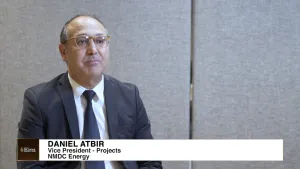
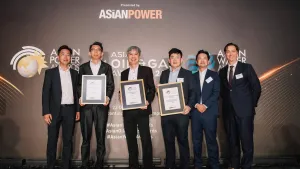



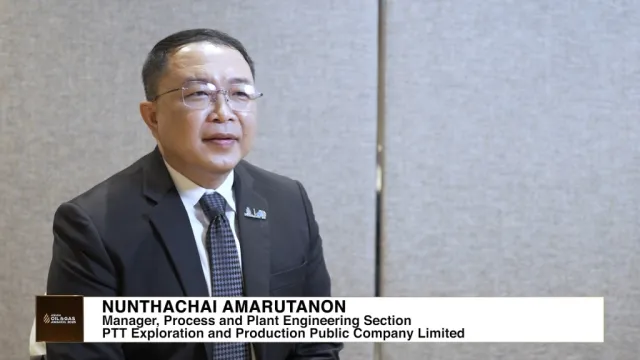

 Advertise
Advertise






